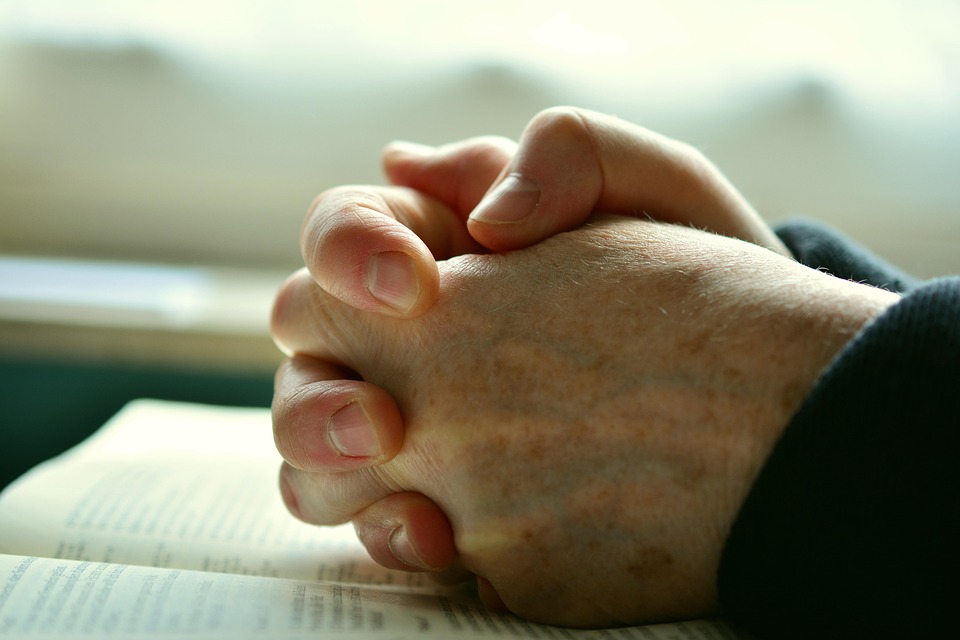The concept of prayer holds a central position in the Christian faith, acting as both an intimate communication with God and a collective cry for intervention in moments of turmoil. When considering the complex narratives surrounding Jerusalem, the call for peace reverberates through the hearts of believers around the globe. This sacred city, steeped in history and religious significance, stands at the confluence of three faiths—Judaism, Christianity, and Islam. Thus, the prayer for peace in Jerusalem transcends mere words; it embodies a profound yearning for harmony not just in the city itself, but also in the wider region of the Holy Land.
Jerusalem has long been a symbol of hope for countless generations. The panoramic views of its ancient walls, vibrant markets, and hallowed sites evoke an enduring sense of wonder. Yet, beneath this picturesque facade lies a turbulent tapestry of strife and division. Praying for peace in this region becomes a pivotal act of intercession which believers can engage in, reflecting a desire for divine reconciliation. It is essential to grasp the weight of this aspiration through a Christian perspective that intertwines faith, history, and a vision for the future.
At the heart of the Christian faith is the belief in the transformative power of prayer. Jesus taught his followers to pray with sincerity and steadfastness. In Matthew 5:9, He declared, “Blessed are the peacemakers, for they will be called children of God.” This scripture resonates deeply when addressing the conflicts plaguing Jerusalem. It invites believers to assume an active role in the pursuit of peace. Hence, prayer becomes a tool not only for personal solace but also for advocating a collective yearning for unity among diverse communities.
One might ponder the practical implications of a prayer for peace in Jerusalem. Communities representing various traditions—the Christians, Jews, and Muslims—have coexisted for centuries, sometimes in harmony and at other times in fierce opposition. The quest for peace, therefore, must acknowledge the multifaceted complexities of faith, culture, and identity. Each group holds deep emotional and spiritual ties to the land, establishing a keystone dilemma of ownership versus coexistence.
In acknowledging these tensions, Christians are called to embrace empathy and understanding, cultivating a posture of reconciliation and respect. Engaging in prayer for peace promotes an atmosphere where compassion flourishes. Such prayerful intercession can serve as both a catalyst for dialogue and a foundation for rebuilding relationships severed by animosity. Members of the Christian faith can engage in prayers that invite God’s presence to guide hearts towards forgiveness and healing, allowing the light of Christ to illuminate the path toward peace.
Furthermore, the spiritual act of praying for Jerusalem compels Christians to delve into their historical roots. As a focal point of the biblical narrative, Jerusalem appears prominently in both the Old and New Testaments. From King David establishing it as his capital to Jesus’ poignant lamentation over the city’s fate (Luke 19:41-44), the significance of Jerusalem can hardly be overstated. Each prayer for peace becomes a bridge that connects modern-day struggles with ancient prophecies and divine assurances. It is this intertwining of history and spirituality that seeks to evoke a dynamic interplay between the past and present.
The promise of hope emerges as a recurring theme throughout a Christian prayer for peace in Jerusalem. Believers can find solace in scripture, such as Isaiah 2:4, which envisions a time when nations will “beat their swords into plowshares.” This vivid imagery evokes a profound shift in perspective, urging individuals to envision a future grounded in cooperation rather than conflict. Such biblical promises cultivate a steadfast belief in the possibility of peace, encouraging Christians to channel their energies towards fostering understanding and respect among all peoples of the Holy Land.
The act of prayer also extends beyond individual intentions; it galvanizes congregational efforts and community outreach. Believers are increasingly inspired to engage in initiatives that promote interfaith dialogue and social justice. Various organizations and interdenominational groups work tirelessly to provide humanitarian aid and support to those most affected by the ongoing strife in the region. These initiatives gain strength and momentum through the collective prayers of faith communities, exemplifying the belief that divine action is stirred by human compassion.
Moreover, praying for peace in Jerusalem invites reflection on the universal themes of justice, mercy, and love—core tenets of the Christian faith. The teachings of Christ underscore a commitment to stand with the marginalized and oppressed. As such, this prayerful endeavor compels believers not only to pray for peace but also to actively embody it through acts of kindness and charity. When Christians genuinely seek harmony in the Holy Land, they embody the heart of the Gospel, which is the unyielding pursuit of love for all creation.
To contextualize the prayer for peace in Jerusalem within a broader narrative, it is critical to acknowledge the role of global intercession. Followers of Christ around the world unite in fervent prayer, forging a resilient solidarity with the people of Jerusalem. This communal prayer transcends geographical boundaries; it transforms hearts and ignites hope. The prayers uttered in distant lands can reach the ears of the Divine, resonating in the very streets of Jerusalem, fostering a spirit of unity among the diverse populations that inhabit this sacred land.
In conclusion, the call for peace in Jerusalem stands as a multifaceted plea that demands attention and action from the Christian community. It is a sacred responsibility—a summons to engage deeply with the historical, spiritual, and communal implications of life in this city of peace. As prayers ascend for Jerusalem, they weave a narrative of hope that affirms the belief that through faith, love, and collective action, harmony can one day flourish in the sacred lands that are cherished by many. This profound yearning for peace echoes not only in the hearts of Christians but resounds throughout the corridors of time, urging humanity toward a future imbued with grace and reconciliation.



